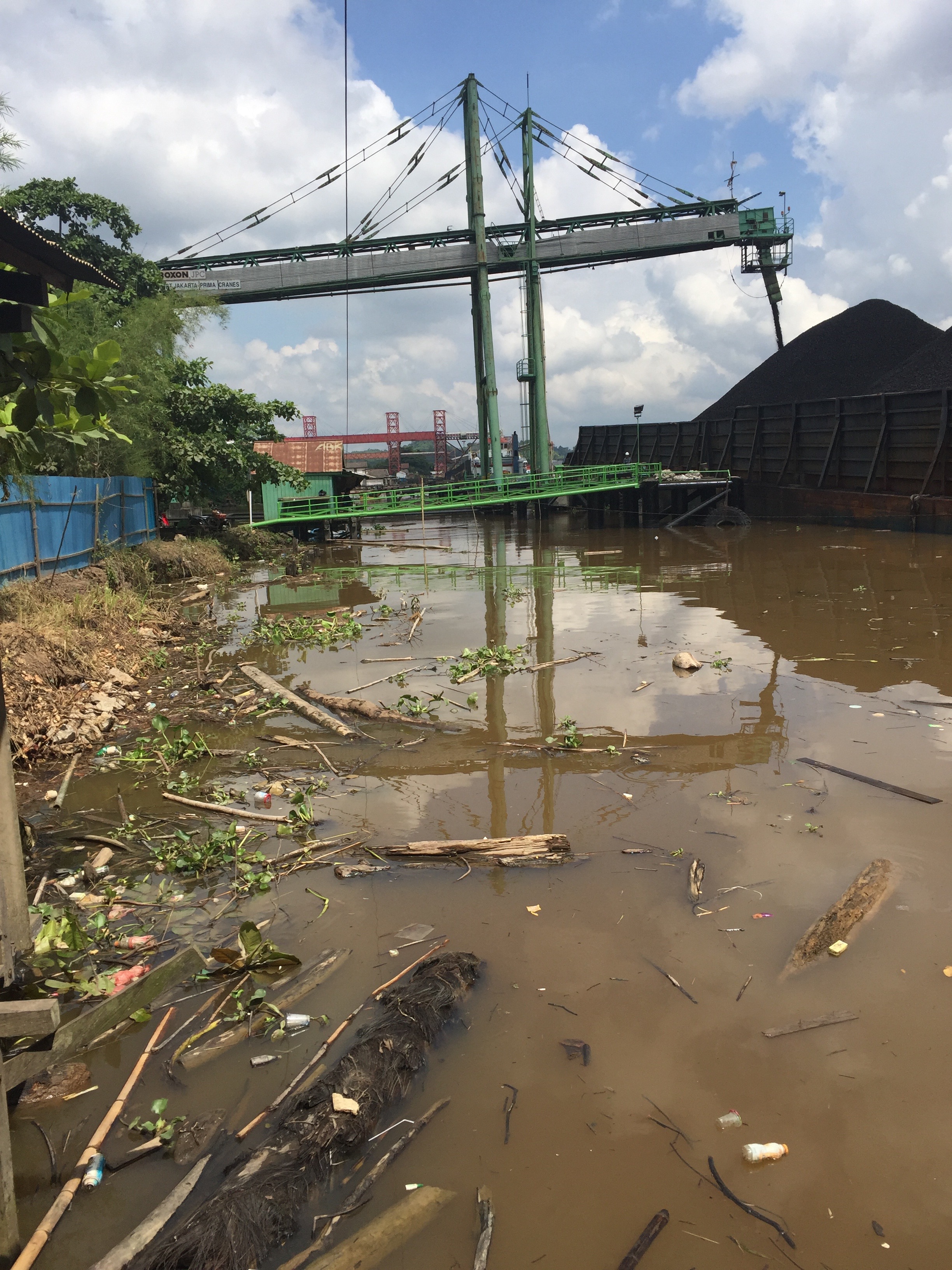
Over the past decade, Indonesia has undergone a major coal mining boom. The country has now announced plans to secure a market for its own coal by significantly expanding domestic coal power generation.
The Indonesian archipelago is an incredible center of biological diversity, with an abundance of fauna and flora in its great rainforests. Alarmingly, the nation’s coal industry is centered in Kalimantan (Indonesian Borneo) and Sumatra, both home to many at-risk species, including the iconic endangered orangutan. Most of Indonesia’s coal mines are open-pit, cover vast areas, and require large-scale deforestation. A report by Brussels-based NGO Fern estimates that some 8.6 million hectares of forest is threatened by coal mining in Indonesia.

Currently the number one coal exporter in the world, Indonesia exported 410 million tons of coal in 2014. Moreover, the government has been able to over-allocate mining concessions to coal mining companies as part of its non-transparent permitting process — even in protected forest areas.
Indonesia has been consolidating its mining permit process over the past two years with the introduction of the “clean and clear” certification system. This process was initiated to ensure that all locally licensed mines were in compliance with basic laws, including conducting environmental impact assessments and paying taxes. Around 40% of permits were found to be not “clean and clear.”
In February 2016, the Indonesian Corruption Eradication Commission announced that local authorities revoked 478 coal mining permits. Two days later, the Financial Services Authority ordered Indonesian banks to stop lending to coal mining projects in East Kalimantan, where 28% of Indonesia’s coal reserves are located.
At the heart of Kalimantan’s coal industry sits Samarinda, the capital of East Kalimantan, where every few minutes, coal barges — each carrying up to 8,000 tons of coal — travel down the Mahakam River destined for export to China, India, South Korea and Japan.
Indonesia’s coal industry is economically threatened by the global slump in coal demand. The government aims to secure a market for the nation’s coal industry and has announced a build-out of 119 new coal-fired power plants, with a capacity of 45GW. One particularly controversial project is the Batang coal-fired power plant, which has been fiercely protested by locals and infringes on a marine protected area. The Japanese Bank for International Cooperation, as well as other Japanese private banks, recently decided to finance this enormous coal plant. Similarly contentious is the TJB2 project, which Crédit Agricole and Société Générale are considering financing.